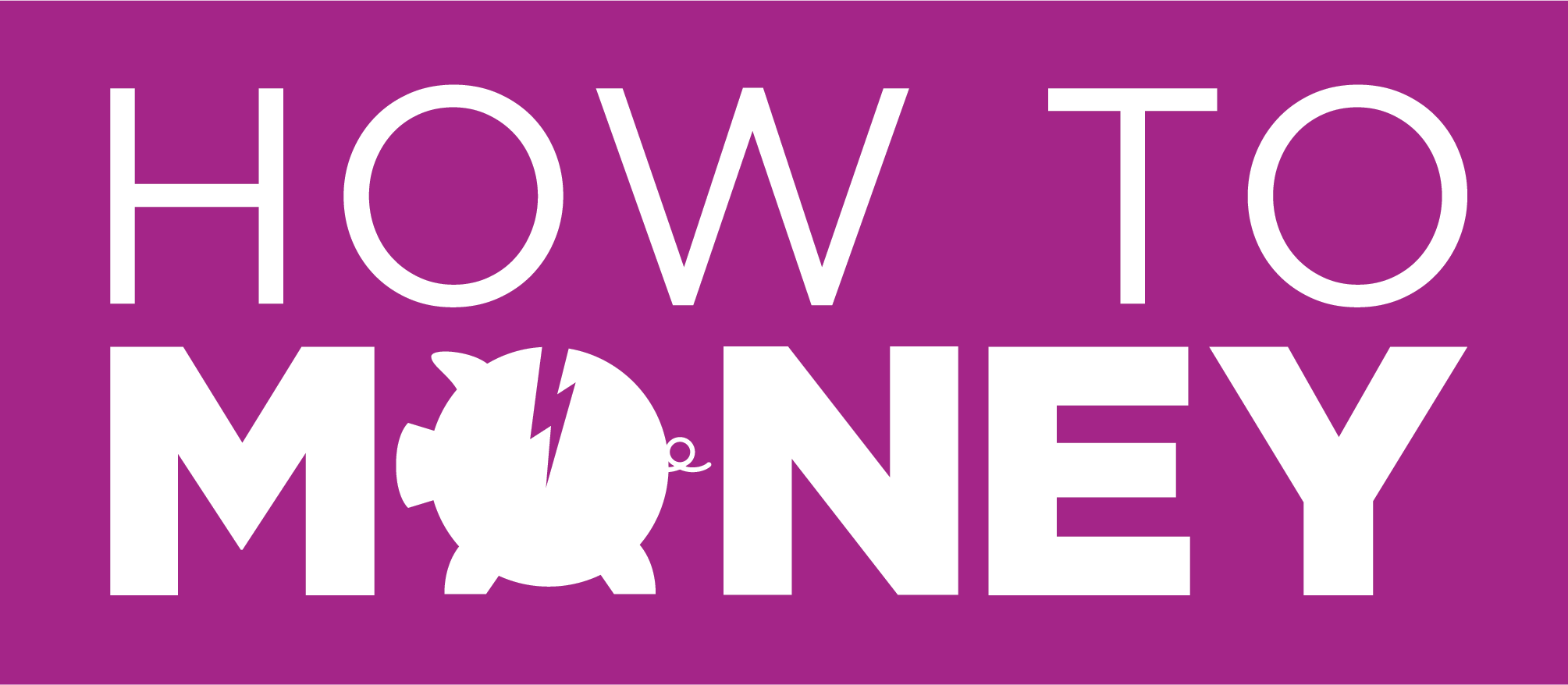
Setting Your Financial Goals for 2020
By recording your dreams and goals on paper, you set in motion the process of becoming the person you most want to be. Put your future in good hands — your own.
Mark Victor Hansen
Welcome back to How To Money for 2020. It’s the start of a brand new decade, and you have the opportunity to completely change your life over the coming ten years! If you wanted a fresh start with it comes to your finances, now is a great time to start learning and taking steps toward a financially empowered future.
Whatever your plans are for 2020, it’s always a good goal to work on your personal finances and take actionable steps to increase your knowledge each year. Whether it’s consolidating your superannuation accounts so you’re not paying fees to multiple providers, cutting up your credit cards or learning about Exchange Traded Funds (ETFs), now is the perfect time to take control of your finances.
So let’s dive into some of my top hacks for setting and achieving your financial goals in 2020!
What Are Your Priorities?
If you have multiple things you need/want to save for and pay off, work out what is the most important and list them in order. You need to be clear on what your most pressing goal is. I tend to group my financial goals into short (up to a year), intermediate (1–5 years) and long-term (more than 5 years).
- Short-term goals may be saving up for a short course you want to take, a new phone or a weekend away.
- Intermediate goals might be saving up for an overseas holiday, building an emergency fund or pay off your credit card debt.
- A long-term goal could be buying a house down the track or ensuring a comfortable retirement. Make sure your goals are achievable for the given timeframe.
Timeframes are always individual, but I always suggest only investing your money if it’s a long-term goal; it’s not where your holiday money or emergency fund goes.
Define Your Goal + Ensure Your Goals are Realistic and Time-Based
What does the end result look like and mean to you? Write them down somewhere you’ll look at on a regular basis (I usually stick them on my bathroom wall). If your goal is to save $1,000 by Christmas time, it’s a good idea to break that down over the next 12 months, and check in on your progress every month. As they repeatedly tell you at school, make sure your goals are SMART goals!
Take the time now to break down your goals into smaller and more achievable steps, and put time constraints around them.
Our goals can only be reached through a vehicle of a plan, in which we must fervently believe, and upon which we must vigorously act. There is no other route to success.
Pablo Picasso
Action Plan + Budget
First things first, you need to know where your money is currently going before you can make any proper changes. Use an app like Frollo, MoneyTree or MoneyBrilliant for a few months to establish your current spending patterns and identify areas you could cut back on, in order to direct more money towards your goals.
How much are you going to put aside for each goal on a monthly basis?
How are you going to track your progress?
Automate
Automate as much of your financial plan as possible by setting up automatic transactions in your bank account when your paycheck comes into specific savings accounts (maybe even try labelling your savings accounts with the goals that you’re trying to achieve).
Another good idea is to create a monthly event in your calendar to purchase check your super/purchase that next ETF/review your budget etc.
Accountability + Regular Review
Create strategies to keep on top of and check in with your plan on a regular basis (e.g. budgeting app, Google Sheet, calendar alerts, monthly review with a trusted friend/family member, etc.).
Something that has really helped me last year is actively talking to my family about my financial goals, which helps keep me on track and accountable. It’s definitely worth chatting to a close friend or family member about your financial goals and potentially asking them to check in with your on a regular basis on how you are tracking towards your goals.
If you don’t have someone to keep you on track, there are now online services that will match you up with an accountability partner, like Get Motivated Buddies. Alternatively, I’m happy to check in with you and your financial goals during the year — just fill in this form and I’ll be in touch!
Learn From Mistakes but Don’t Dwell on the Past
You build on failure. You use it as a stepping stone. Close the door on the past. You don’t try to forget the mistakes, but you don’t dwell on it. You don’t let it have any of your energy, or any of your time, or any of your space.
Johnny Cash
Now go smash those goals!
Kate — HTM Editor and Host
Resources
- 2020 Financial Goal Buddy Form
- The Benefits of Setting Financial Goals
- An Accountability Partner Makes You Vastly More Likely to Succeed
- Lodge Your ATO Tax Return
- ABC: Financial advice on how to set achievable goals for 2019
- Budgeting Apps: Frollo, MoneyTree, MoneyBrilliant, Finch
- Rask’s Compound Interest Calculator
- Rask’s debt repayments calculator
- MoneySmart’s credit card calculator
Want to learn more about money and personal finance? Check out our article archive, the How To Money Podcast and the Australian Finance Podcast. Catch us on Twitter @HowToMoneyAUS and Instagram on @HowToMoneyAUS.
Important Information
The information on this blog and website is of a general and educational nature only. It does not take into account your individual financial situation, objectives or needs. You should consider your own financial position and requirements before making a decision, as we are not an advisory service. We recommend you consult a licensed financial adviser in order to assist you. The information is based on assumptions or market conditions which can change without notice, and this will impact the accuracy of the information provided. This website and blog occasionally provide links to third-party sites, aimed at helping you gather the information required to make an informed decision — we may receive payment for these referrals.






